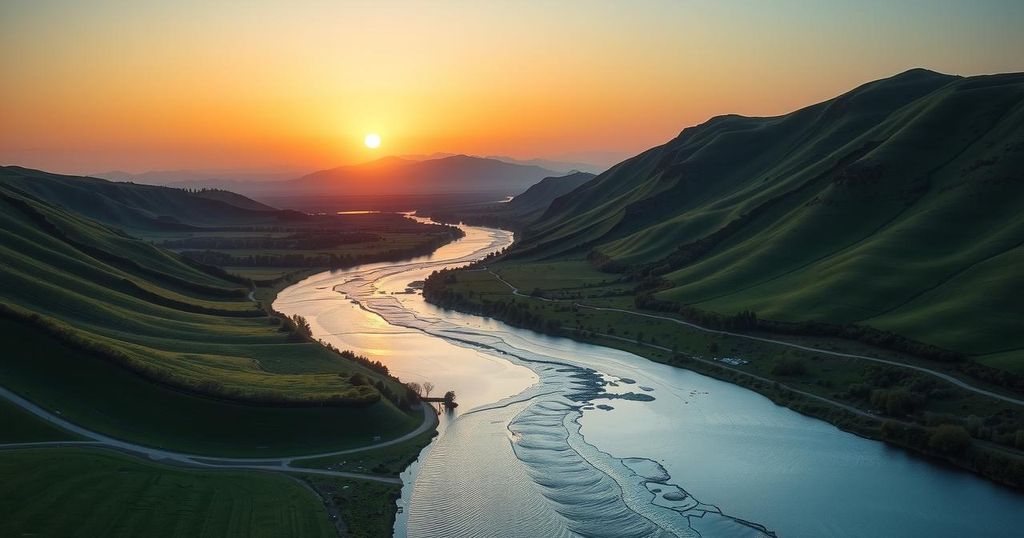Rwanda’s increasing influence has led to a muted international response towards M23 rebels advancing in eastern Congo. Despite condemnation from global powers, pressure on Kigali has decreased due to President Kagame’s development initiatives and regional stability efforts, as well as the focus of the international community on other pressing conflicts. Rwanda’s pivotal role in critical minerals and peacekeeping efforts further complicates the landscape of foreign relations and humanitarian responses in the region.
Rwanda’s growing influence has led to subdued international pressure regarding the advances of M23 rebels in eastern Congo. Despite widespread condemnation from the United Nations and Western nations, there has been little financial pressure on Rwanda to withdraw support for these rebels. This shift in response is attributed to the country’s transformed reputation, bolstered by President Kagame’s development initiatives and strategic diplomatic relationships, along with the international focus on other global crises such as those in the Middle East and Ukraine.
The ongoing turmoil in eastern Congo reflects one of Africa’s longest conflicts, with M23 rebels gaining ground yet again over a decade after previously capturing Goma. Observers note that international attempts to leverage Rwanda via aid threats seem less effective today, in part due to Kagame’s significant economic reforms and successful branding of Rwanda as a stabilizing force in the region. In recent years, Rwanda has been a notable contributor to peacekeeping operations, enhancing its standing international stature.
Rwanda’s military involvement in regional dynamics includes addressing threats in neighboring countries, further endearing it to Western partners amid global competition for resources in East Africa. Rwanda, once reliant on agricultural exports, has shifted to become a key player in the critical minerals market, creating dependencies that Western countries are hesitant to jeopardize. The strategic partnerships Rwanda has cultivated with non-Western nations also diminish the effectiveness of traditional diplomatic pressures.
Rwanda’s moves towards greater economic autonomy and development, highlighted by an influx of multinational corporations, position the nation as an attractive investment locale. As the international community assesses the implications of Rwanda’s actions regarding M23, focus has shifted to potential responses from neighboring African nations, which may influence Rwanda’s policies more effectively than Western sanctions.
The context of Rwanda’s resurgence in global geopolitics is largely framed by President Paul Kagame’s transformative leadership, which has repositioned Rwanda as a pivotal player in regional security and economic partnerships. The M23 rebel group’s resurgence in eastern Congo raises questions about the implications for both Rwanda and the region, particularly considering the historical backdrop of genocide and political strife intertwining with contemporary international relations. As the complexities of Rwanda’s relationships with international aid donors and its dependencies on foreign assistance evolve, the pressing question arises regarding how to respond to its regional military involvements.
In conclusion, Rwanda’s evolving stature in international relations has resulted in a tempered response from the global community to the resurgence of M23 rebels in eastern Congo. The combination of Kagame’s effective governance, Rwanda’s strategic economic maneuvers, and the preoccupation of world powers with other crises has reshaped the dynamics of pressure exerted on Kigali. As Rwanda continues to assert its military and economic presence in the region, the response from African nations may ultimately dictate the future course of action in this ongoing conflict.
Original Source: apnews.com




